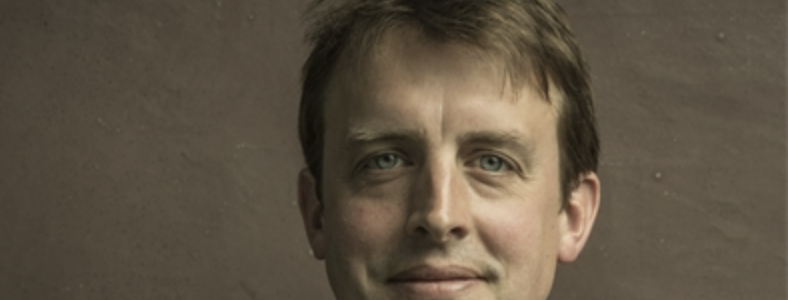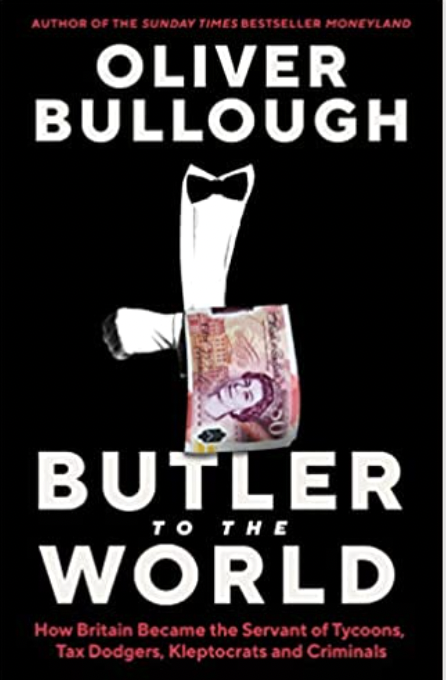
Servant of Tycoons


“Londongrad” is a phenomenon brought to the fore by Vladimir Putin’s savage attack on Ukraine, with Britain’s Liz Truss slamming the Oligarchs and their associates on the floor of the House of Commons.
The British establishment and its financial system provide for dirty money from the post-Soviet era and elsewhere may be seen as an embarrassment. Dmitry Firtash, in 2006 as part-owner of the company handling Russia’s Ukrainian gas shipments over Kyiv, spent money lavishly on everything from luxury houses to Cambridge scholarships and political donations, as he was feted by parliamentarians and shook hands with the Duke of Edinburgh until he was arrested in Austria on an FBI indictment for corruption.
Corrupt elites launder their dirty money in the west, and how the rich countries’ transformation into autocrats’ handmaids or butlers in Oliver Bullough’s vocabulary.
If Westminster was the head of the British Empire, the City Of London was its heart, pumping money out into financial arteries that stretched to every continent and every city on earth. According to Bullough, “butlering” came to the rescue of British finance. Butler to the World also reveals how past or remaining outposts of the empire, from the British Virgin Islands to Gibraltar, reinvented themselves as the place to secrete away money or escape onerous rules.
The attack on Ukraine reveals America’s and Britain’s enabling industries are plainly international security risks and it should take a war in Europe to make politicians aware of this. Governments are being galvanised into ending their addiction to dirty money inflows.
In the US, recently a bi-partisan congressional vote banned anonymous shell companies last year, and the Biden administration has committed itself to an anti-corruption agenda. Bullough explains Britain’s peculiar set-up of “butlering” as the country’s unwritten social codes its upper class’s exclusive solidarity and unspoken obsession with money, the common law tradition and resistance to codified rules – all conspire to frustrate crackdowns as “chaps don’t tell other chaps how to behave”, so old peculiarities of British law, from Scottish limited partnerships to private criminal prosecutions became perfect instruments for crooks to hide their money and silence their critics.
In Butler to the World, Bullough questions UK’s role to task and reveals the unflappable butler of PG Woodhouse’s Bertie Wooster series, as Bullough reveals how Britain has become in its willingness to service all comers as long as they pay enough. Butlering goes beyond accepting deposits from the world’s corrupt but extends to procuring housing for them, educating their children, honouring them in every way from naming rights at Britain’s world-class universities to royal patronage, and catering to all minor needs of the super-rich.
In 1956, Britain’s military involvement in the Suez, (Britain’s twentieth-century Nadir) when it joined France, and Israel to try to dislodge Egypt’s nationalisation of the canal, as it ended in humiliation, in the immortal words of former US Secretary of State Dean Acheson, “Britain has lost an empire and not yet found a role”. The US opposition exposed British strategic post-war impotence, which pushed Britain to the role of facilitating money flows around the world, with no questions asked.
How did Britain become the servant to the world’s most powerful and corrupt men by accepting multi-million-pound tips from Russian oligarchs and by enabling Gibraltar to become an offshore gambling haven, meet Butler Britain?
We pride ourselves on values of fair play and the rule of law, but few countries do more to frustrate global anti-corruption efforts. We are now a nation of Jeeveses, snobbish enablers for rich halfwits of considerably less charm than Bernie Wooster.
Bullough describes a postwar City of London determined to insulate itself from government regulation, ready to embrace innovations that would mean good business for financiers. He also reveals how in world of hard currency shortage -withholding dollars was the means by which Washington made London give up Suez – there was a lot to like in allowing cross-border money flows that escaped national regulation.
Bullough’s earlier book Moneyland, a Sunday Times bestseller, explored corruption in the global financial system, the mid-century emergence of the Eurodollar system of offshore dollar transfers, and of Britain’s butlering role are two sides of the same dirty coin.
Butler to the World: How Britain Became the Servant of Tycoons, Tax Dodgers, Kleptocrats and Criminals by Oliver Bullough, Profile £20, 288 pages.
